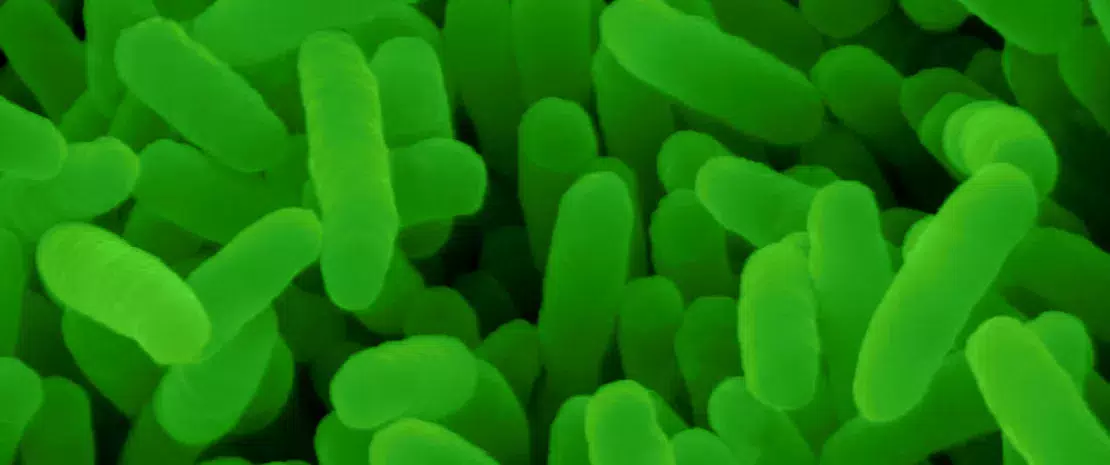Pharmacokinetics: major role for gut bacteria
The gut microbiota seems to be involved in the metabolism of a large number of drugs administered orally, as demonstrated by American researchers based on genetic markers.
Lay public section
Find here your dedicated section
Sources
This article is based on scientific information

About this article
The impact of the gut microbiota on the metabolism of some drugs has already been reported: it could lead to the activation, deactivation, or increased toxicity of (sidenote: Some compounds Among others, activation of sulfasalazine, deactivation of digoxin, and increased toxicity of irinotecan ) *. However, the scope and mechanisms of this impact remain largely unstudied. An American team opened the way by studying the disposition of 271 drugs administered orally–except antibiotics–under the effect of 76 species or strains mainly from the human gut microbiota.
Selective bacteria
Primary trials have been conducted in vitro by incubating drugs and bacteria during 12 hours. Two thirds of drugs were metabolized at more than 20% and by at least one bacterial strain (each strain metabolizes between 11 and 95 drugs). Omeprazole, sulfasalazine, risperidone, or even lovastatin, were among the most targeted drugs, thus confirming previous results. Moreover, some chemical components seem to be the preferred targets of this bacterial metabolism: for instance, ester or amide groups of therapeutic compounds are the favorite target of Bacteroidetes. In the specific case of dexamethasone (a glucocorticosteroid), trying to associate a bacterial species to the drug was not very relevant: it is necessary to identity the genes directly associated to the enzymatic conversion. According to the authors, the experiment suggests that it would probably be the case for other glucocorticosteroids (prednisolone, prednisone…).
Combined biotransformations
The next step was performed in vivo and consisted in identifying the genetic markers of the observed bacterial biotransformations. This approach was first validated with the bacterium Bacteroides thetaiotaomicron. 16 other enzymes derived from this bacterium were identified, metabolizing 18 drugs into 41 metabolites. Extending this method to the 76 bacteria selected in this study showed that the transformation of a drug could require the combined effect of enzymes from several species; for example, tinidazole is metabolized by three different species. In total, the team identified 30 enzymes derived from the gut microbiota which, together, transform 20 drugs into 59 different metabolites. This confirms that pharmacokinetics is related to gut bacteria. One more step towards a tailored therapeutic approach capable of anticipating the response of an individual to a given treatment based on his/her microbiotic profile.







